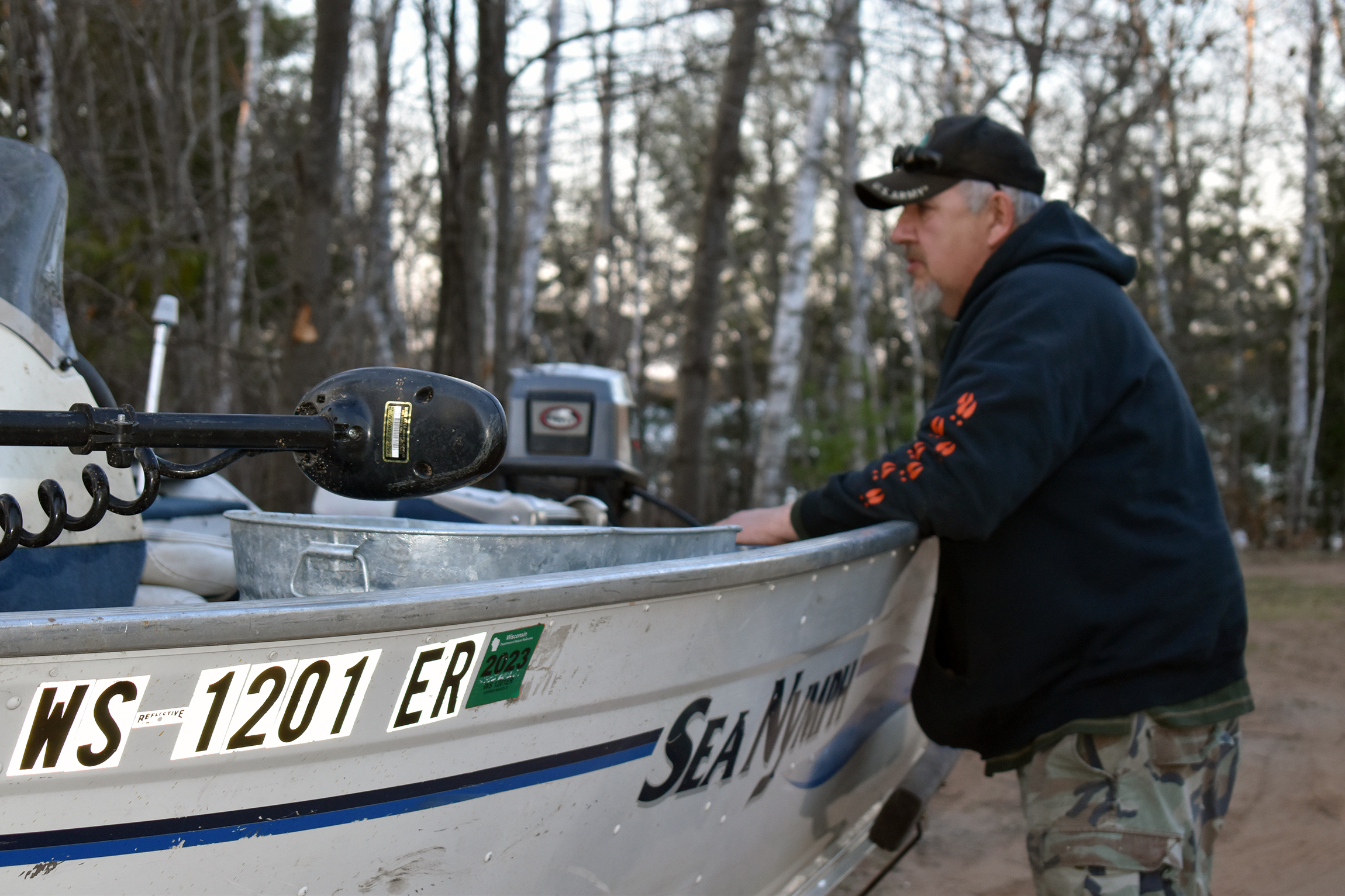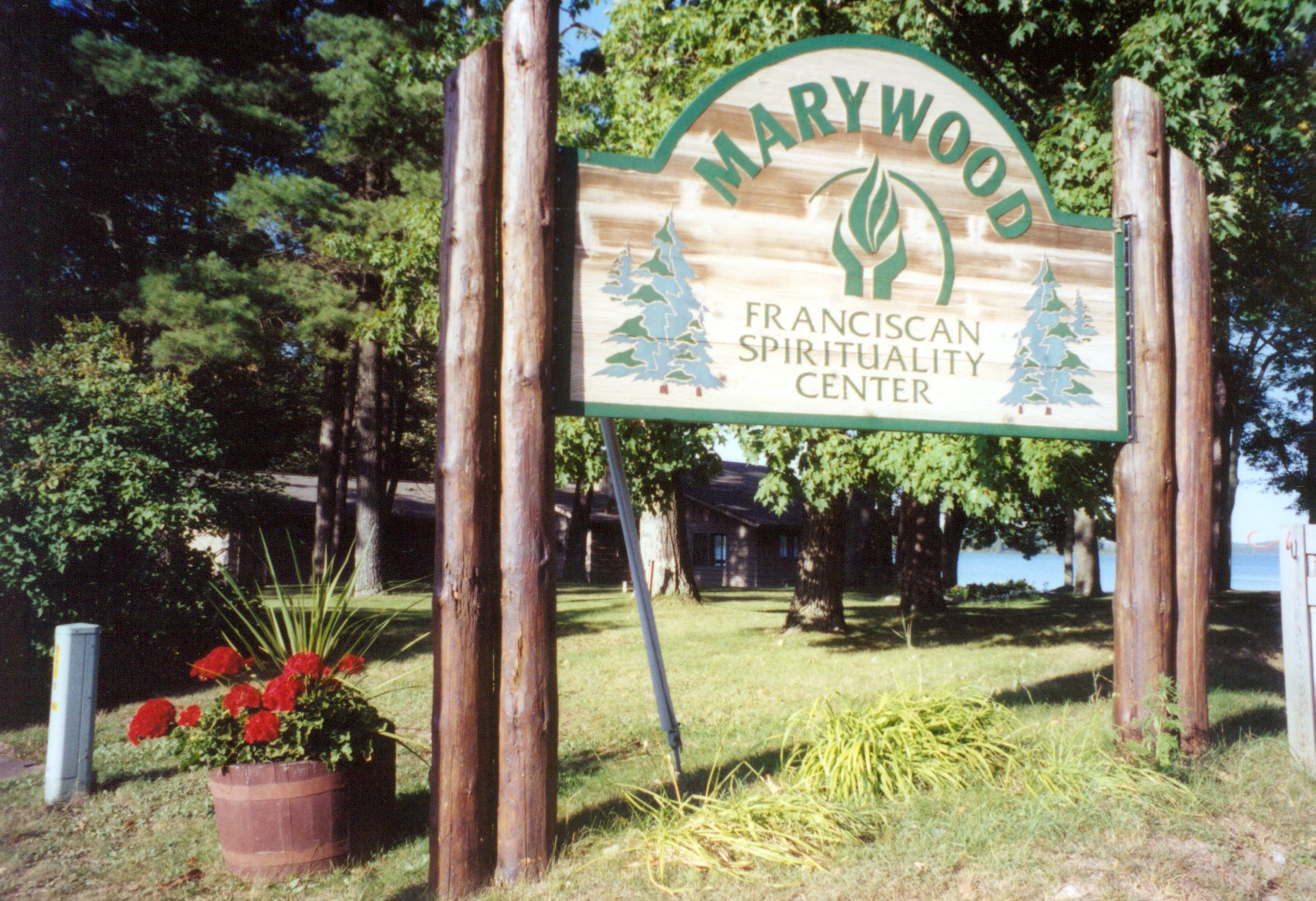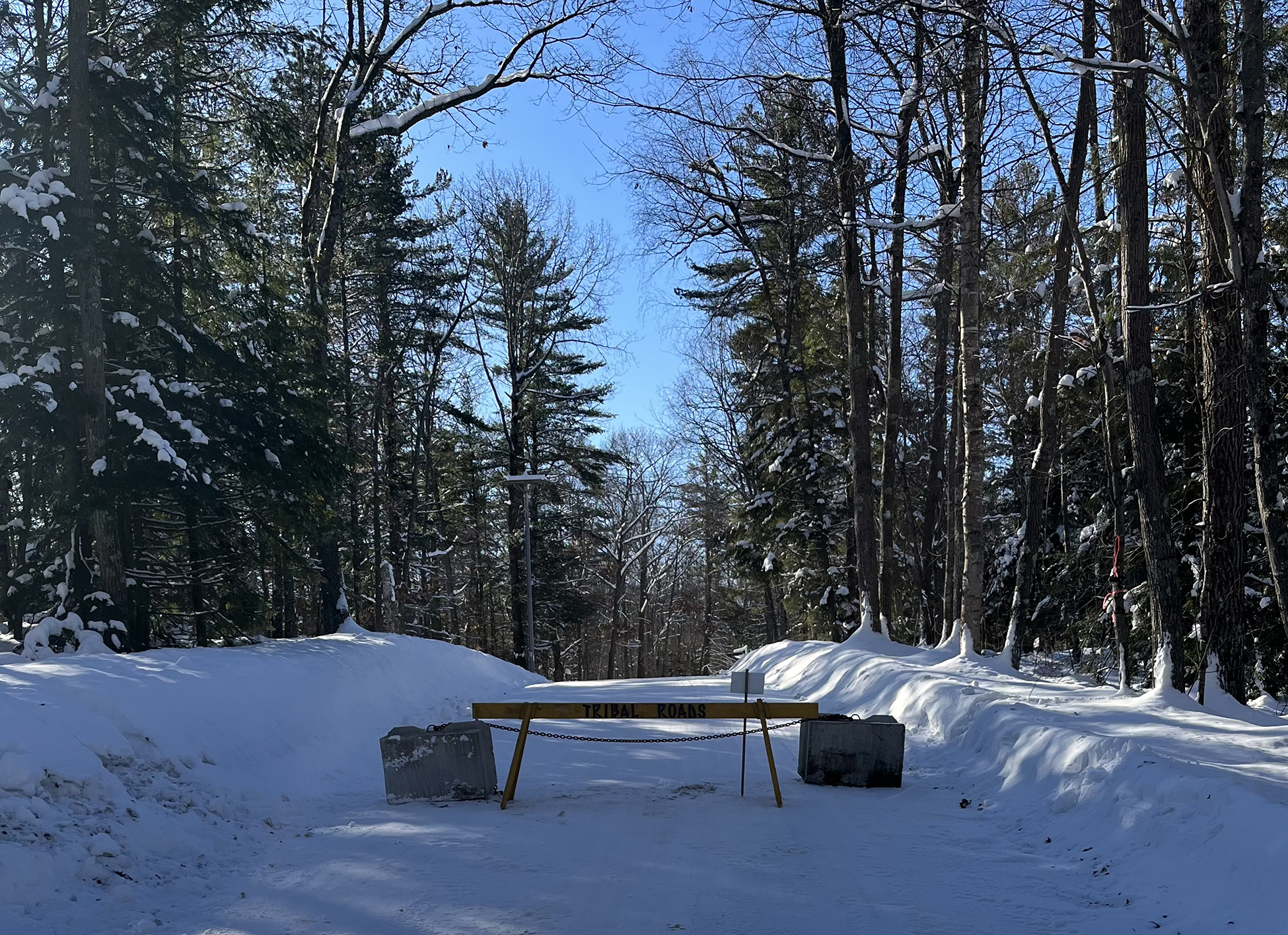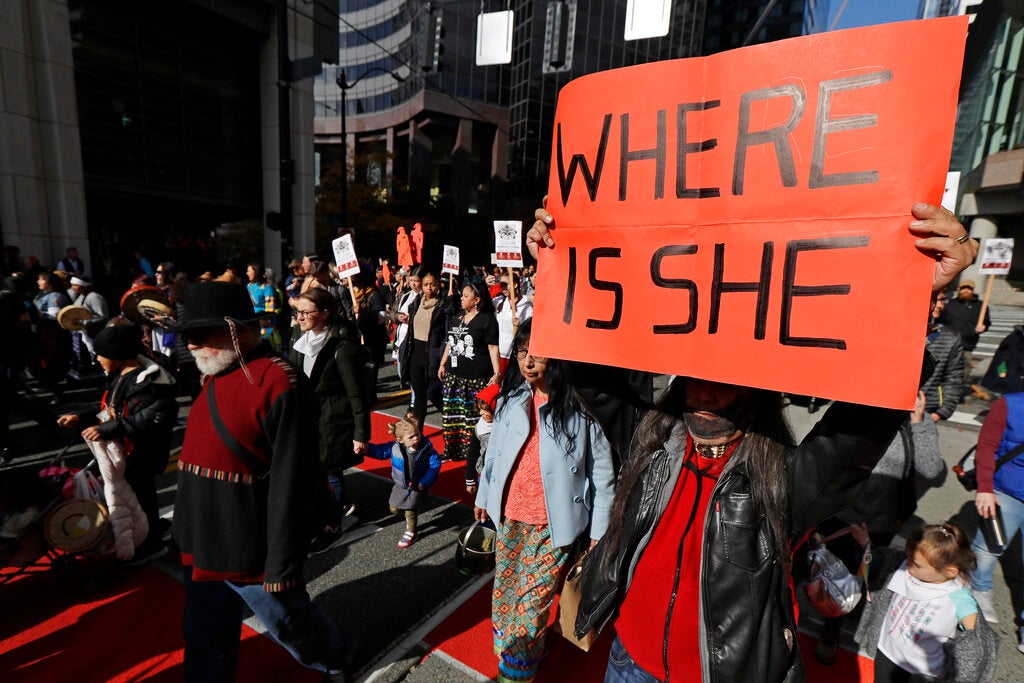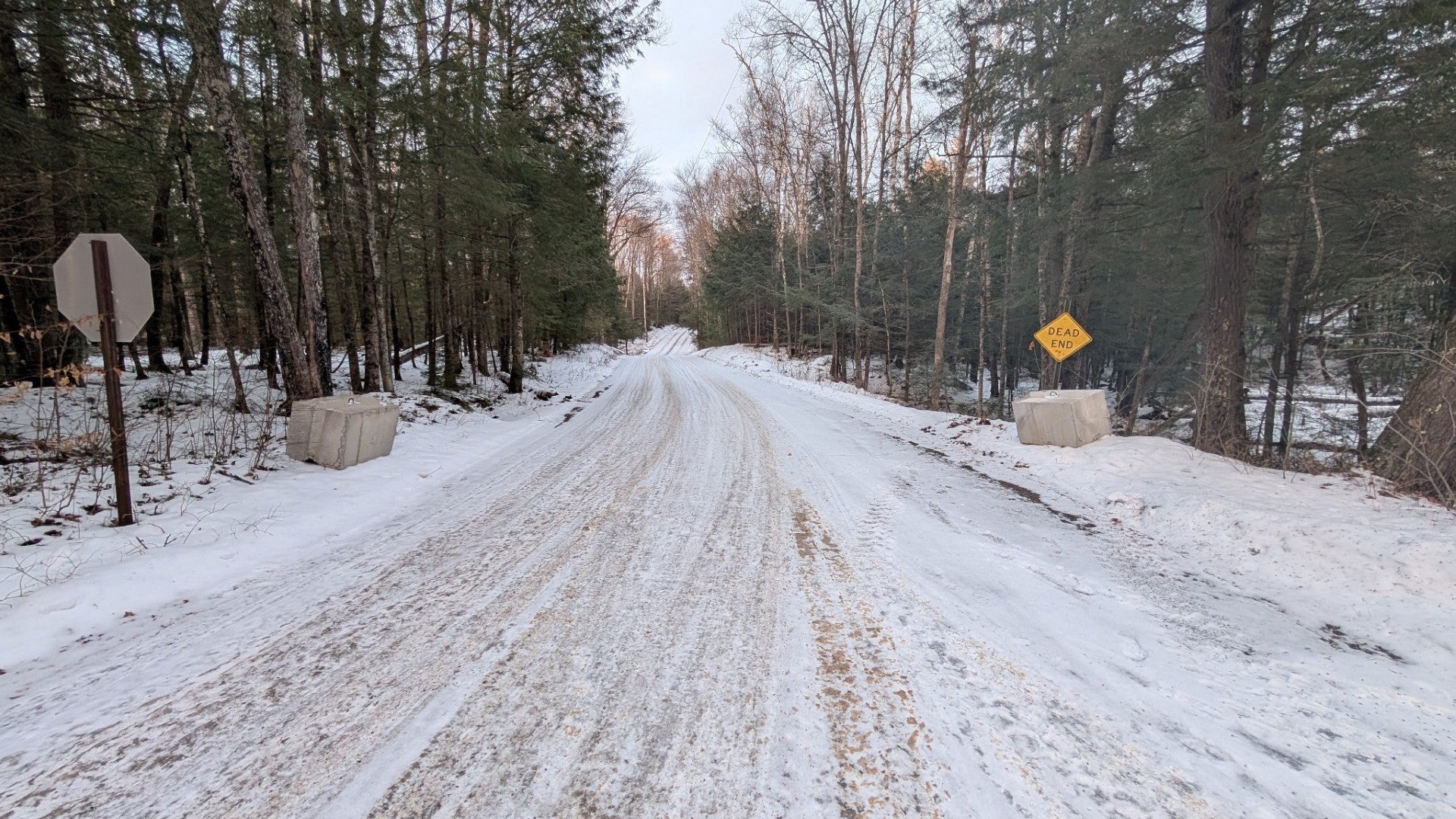Leaders of the Lac du Flambeau and Bad River Bands of Lake Superior Chippewa say the Legislature’s budget-writing committee discriminated against them after lawmakers voted to withhold tribal grants for the two tribes.
The 2023-25 budget reserved $11 million in tribal gaming revenues as supplemental funds that could be awarded by the Republican-controlled Joint Committee on Finance. The budget created an annual appropriation for tribal grants under the Department of Administration. In September the agency requested that the $11 million be transferred through grants awarded to each of Wisconsin’s 11 tribes.
On Oct. 31, the committee voted 8-4 along party lines to award $1 million each in tribal gaming revenues to nine of the state’s 11 tribes with the exception of the Bad River and Lac du Flambeau tribes. All Republicans voted in favor of the motion. A previous motion by Democrats to approve the department’s request failed.
News with a little more humanity
WPR’s “Wisconsin Today” newsletter keeps you connected to the state you love without feeling overwhelmed. No paywall. No agenda. No corporate filter.
Members of the committee did not comment on the vote during the meeting, or provide a reason why the two tribes were not included.
In a Nov. 13 letter, Lac du Flambeau Tribal President John Johnson, Sr. and Bad River Tribal Chairman Robert Blanchard urged the Republican-controlled Joint Committee on Finance to hold another meeting and award the funds. In a separate letter, they also urged Democratic Gov. Tony Evers “to consider litigation to fix this injustice.”
“Stated plainly, the State’s act is discrimination of the highest form and is wrong,” the letter reads. “To add insult to injury, the source of the moneys is tribal gaming revenues produced by tribal casinos and paid to the State pursuant to the various gaming compacts.”
Wisconsin’s 11 federally recognized tribes have exclusive rights to regulate gaming on Indian lands, and they signed compacts with the state in 1991 and 1992. Those agreements set the regulations and conditions under which tribes can conduct gaming, which includes payments to the state. Gaming revenues are split between the state and tribes, who use the money to support tribal programs.
Leaders of the two tribes said they’ve been left to assume why they weren’t awarded grant money.
Johnson told WPR he believes the committee withheld funds for his tribe due to an ongoing roads dispute with landowners and the town on the tribe’s reservation, as well as the discovery of Native American graves under a church parking lot. The Milwaukee Journal Sentinel reported that church officials have agreed to remove one of their buildings on the reservation.
“I know it has to do with our roads here. It has to do with that (building) I got taken down that was covering our burial grounds for our ancestors,” Johnson said. “If that’s the games that they want to play, I’m pretty appalled at what’s going on.”
WPR reached out to the committee’s Republican co-chairs Sen. Howard Marklein and Rep. Mark Born for comment on the letter and the reason why funds weren’t awarded to the two tribes. A spokesperson for Marklein said he had no comment. Born’s office and an Evers’ spokesperson didn’t immediately respond on Tuesday.
The state Legislative Fiscal Bureau said tribal gaming revenues were expected to amount to $60.2 million in the current fiscal year with nearly $33.1 million going to state agency programs. During the COVID-19 pandemic, tribal payments were postponed due to casino closures.
Johnson is asking the state’s nine other tribes to reject the grants or accept the funds under protest for the unequal treatment of Lac du Flambeau and Bad River. He told WPR he’s not trying to burden other tribes.
“I think we should all be standing together,” Johnson said.
In the letter, Johnson and Blanchard said the tribes have taken steps in the last few years to protect their natural resources and “jurisdictional integrity” of their reservations. The tribes say their rights and homelands were set aside under the 1837, 1842 and 1854 treaties with the federal government. Johnson told WPR he wants to talk with the committee, saying he would be the first to admit if he acted wrongly.
“But in these cases, like we’re having now with our treaty rights and protecting our lands, I’m not wrong,” Johnson said. “I should never have to apologize for something like that, that I’m trying to keep intact for future generations of our grandchildren.”
The tribes are seeking an explanation as to why they didn’t receive grants by Monday, Nov. 20. If the state doesn’t take action, the letters state Bad River and Lac du Flambeau will explore other options under the law to protect their rights.
Johnson said that may include elevating the issue to President Joe Biden, noting tribes have treaties with the federal government and not the state.
“If nobody’s listening to us, maybe we should have a meeting with the President of the United States and say, ‘Hey, this is what’s going on in Indian Country,’” Johnson said. “‘Come take a look at it for yourself and help us solve some of these problems.’”
Wisconsin Public Radio, © Copyright 2025, Board of Regents of the University of Wisconsin System and Wisconsin Educational Communications Board.

